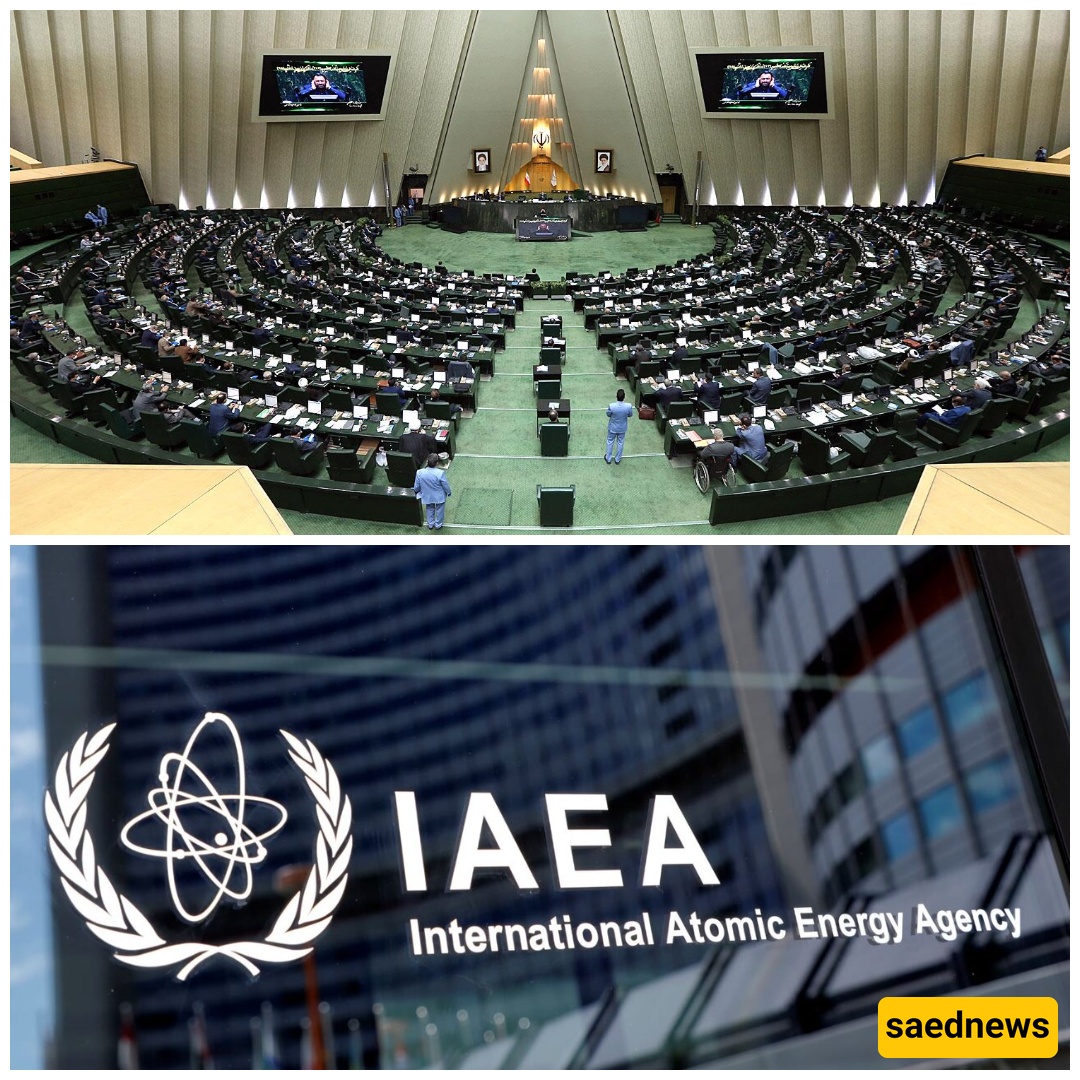SAEDNEWS: In a move that could deepen Iran’s nuclear isolation, a key parliamentary commission has passed a controversial bill mandating the suspension of cooperation with the UN nuclear watchdog, citing foreign attacks and alleged espionage.

According to Saed News,
Iran’s parliament has taken a provocative step toward disengaging from international nuclear oversight. The National Security and Foreign Policy Commission has approved the details of a draft bill requiring the Iranian government to suspend cooperation with the International Atomic Energy Agency (IAEA). The move, though not yet enacted into law, signals Tehran’s growing mistrust of multilateral institutions and increasing resistance to international scrutiny of its nuclear program.

According to commission spokesperson Ebrahim Rezai, the bill was drafted in response to recent Israeli and American strikes on Iranian nuclear facilities—attacks that Iranian lawmakers view as a breach of national sovereignty and a violation of the spirit of the Nuclear Non-Proliferation Treaty (NPT). The legislation instructs the government to suspend compliance with IAEA monitoring protocols until certain conditions—set by Iran’s Supreme National Security Council—are met.

Among those conditions: a full guarantee of Iran’s sovereignty and territorial integrity as recognized by the UN Charter, reaffirmation of Iran’s right to peaceful nuclear enrichment under Article IV of the NPT, and an assurance that the so-called “snapback” mechanism under UN Security Council Resolution 2231 will not be triggered.
The bill also accuses the IAEA of misrepresentation and tacit complicity in espionage against Iranian nuclear sites—charges that reflect Tehran’s longstanding grievances against the agency’s Western-aligned leadership. Lawmakers called for legal action against IAEA Director General Rafael Grossi, citing “false reports” and alleged intelligence leaks.
If adopted by the full parliament, the measure would mark one of Iran’s most serious departures from its commitments under the NPT framework. While Iran has previously scaled back IAEA access in response to sanctions and diplomatic breakdowns, a formal suspension of cooperation would likely provoke sharp reactions from the United States, Europe, and possibly Russia and China—countries that have, until recently, urged continued dialogue.
Iranian officials argue that the move is legally grounded in Article 10 of the NPT and Article 60 of the 1969 Vienna Convention on the Law of Treaties, both of which allow states to reconsider treaty obligations in the face of fundamental breaches.
As the bill moves to the parliamentary floor for final approval, its passage would not only inflame already fragile nuclear negotiations but may also embolden hardliners ahead of a potential diplomatic stalemate. For now, Iran appears prepared to walk further away from the nuclear consensus it once tentatively embraced.

